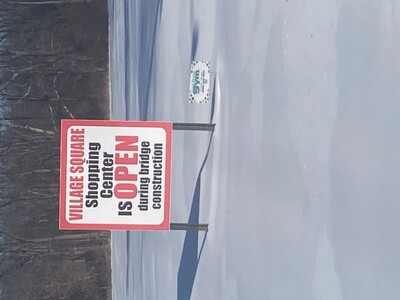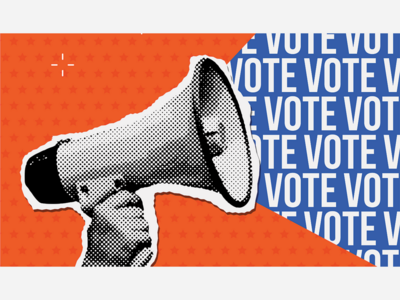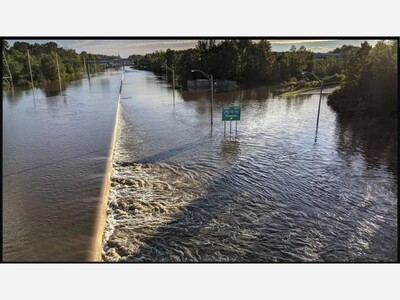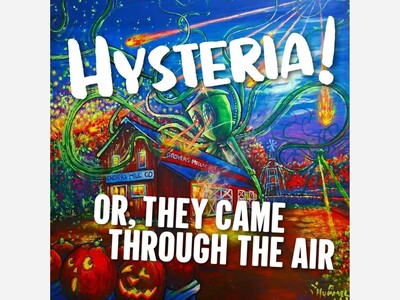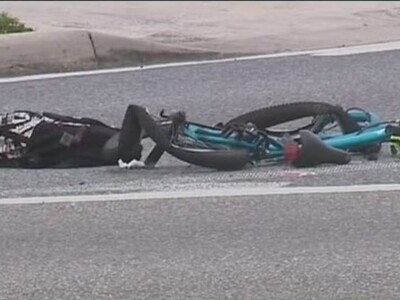2 Die In NJ From West Nile Virus As Health Officials Urge Caution: Patch Alert by Michelle Rotuno-Johnson and Sarah Salvatore
NEW JERSEY — Two New Jersey residents have died after contracting West Nile virus, health officials said as they urge people to take precautions to protect themselves from the mosquito-borne illness.
The New Jersey Department of Health reported these deaths and six new cases of the virus last week, and also said two more people who gave blood showed reactivity to West Nile during routine testing of blood donations. The two people who died were older residents from Cumberland and Mercer counties, according to the health department.
This follows two additional cases of West Nile virus (WNV) in July and the state’s first human case of Eastern Equine encephalitis (EEE), another mosquito-borne disease which also killed a horse in Atlantic County.
Health officials said that seven out of the eight positive WNV cases were hospitalized with neuroinvasive disease, including encephalitis (swelling of the brain) or meningitis (swelling of the lining surrounding the brain and spinal cord).
The six new WNV cases are residents of Bergen, Camden, Cumberland, Hudson, Mercer, and Middlesex counties. One of the patients was older than 50 years, two over 60 years, one over 70 years old, and two over 80 years old
WNV and EEE are viruses which is most often acquired through the bite of a mosquito that has fed on an infected bird or other animal, officials said.
One human case of EEE was reported in Atlantic County with symptom onset in early July; this person was under 18 years of age who was hospitalized but has since been discharged, officials said.
An EEE-positive horse was also reported in Atlantic County, with the 15-year-old mare dying in early August.
“All New Jerseyans should be aware of the potential significant impacts from mosquito-borne illnesses, especially West Nile virus and Eastern Equine encephalitis," said NJ Health Commissioner Kaitlan Baston, M.D. "The best way to prevent these diseases is to avoid mosquito bites by using insect repellent, protective clothing or gear, and avoiding peak mosquito hours."
“New Jersey has a long and robust mosquito control and prevention program at the state and local levels, which helps to bolster our protections," said Baston.
The New Jersey Department of Health (NJDOH) and the New Jersey Department of Environmental Protection (NJDEP) are asking residents to take precautions to protect themselves from mosquito-borne diseases, and to reduce mosquito populations on their properties.
These precautions include:
- Wearing EPA-registered insect repellant.
- Avoiding being outdoors during dawn and dusk when mosquitos are most active.
- Wearing long sleeves and long pants.
- Covering cribs, strollers, and baby carriers with mosquito netting.
- Repairing holes in screens to keep mosquitoes outside, and using air conditioning when possible or ensuring you have well-fitted screens.
Residents, business owners, and contractors also can take steps to reduce mosquito populations on their properties by emptying or changing outdoor standing water at least weekly to stop mosquito breeding. Areas that may need attention include flowerpots, pet food and water dishes, birdbaths, swimming pool covers, clogged rain gutters, plastic wading pools and wheelbarrows, and any containers or trash that may be difficult to see such as under bushes, homes, or around building exteriors.
Most people infected with WNV or EEE will have no symptoms. For those who do, symptoms include fever, chills, body aches, and joint pains. Rarely, people may develop severe neurological illness, which often presents as meningitis or encephalitis. Symptoms of severe illness include fever, severe headache, neck stiffness, vomiting, diarrhea, seizures, behavioral changes/confusion, limb weakness, and fatigue.
Older adults and people with weakened immune systems are at greater risk of developing severe illness. Specific laboratory tests are needed to confirm WNV and EEE, so anyone with symptoms after a mosquito bite should contact their healthcare provider.
Recovery from severe illness might take several weeks or months, and some effects might be permanent. According to the Centers for Disease Control and Prevention, approximately a third of all people with Eastern Equine encephalitis and 1 in 10 people with severe neurological illness from WNV die.
The state typically sees most human cases of mosquito-borne illnesses between mid-August and mid-to late September, but the season can extend well into October and even into early November depending on weather conditions.
Shawn LaTourette, the state Environmental Protection Commissioner, said there are "many simple things" that people can do to help control the mosquito population.
“The main sources for mosquitoes around the home are most often small water-holding places and containers that could easily go unnoticed, such as folds in tarps, pet water bowls, flowerpots, recycling bins, children’s toys, buckets, and even downspouts with corrugated extension tubes," he said/ "Property owners should be alert to these sources and conduct weekly inspections to ensure they are free of standing water. Some species may travel miles from their breeding habitat, so if you are still experiencing mosquito problems, contact your county mosquito control program for advice and help.”
The first WNV case was reported this year in early July. Typically, there are 13 human WNV infections reported. Last year, New Jersey had 14 human cases of WNV and one death.
This year, the detection of WNV in mosquitoes has also been considerably earlier than expected. WNV has been detected in 702 mosquito pools, which is higher than average and has been found in all New Jersey counties except Cumberland.
WNV detections in mosquitoes are highest in the northeastern part of the state, particularly in Bergen, Hudson, Middlesex, and Union counties.
EEE has been detected in mosquitoes in Cape May, Gloucester, Hunterdon, Monmouth, Morris, and Union counties.


